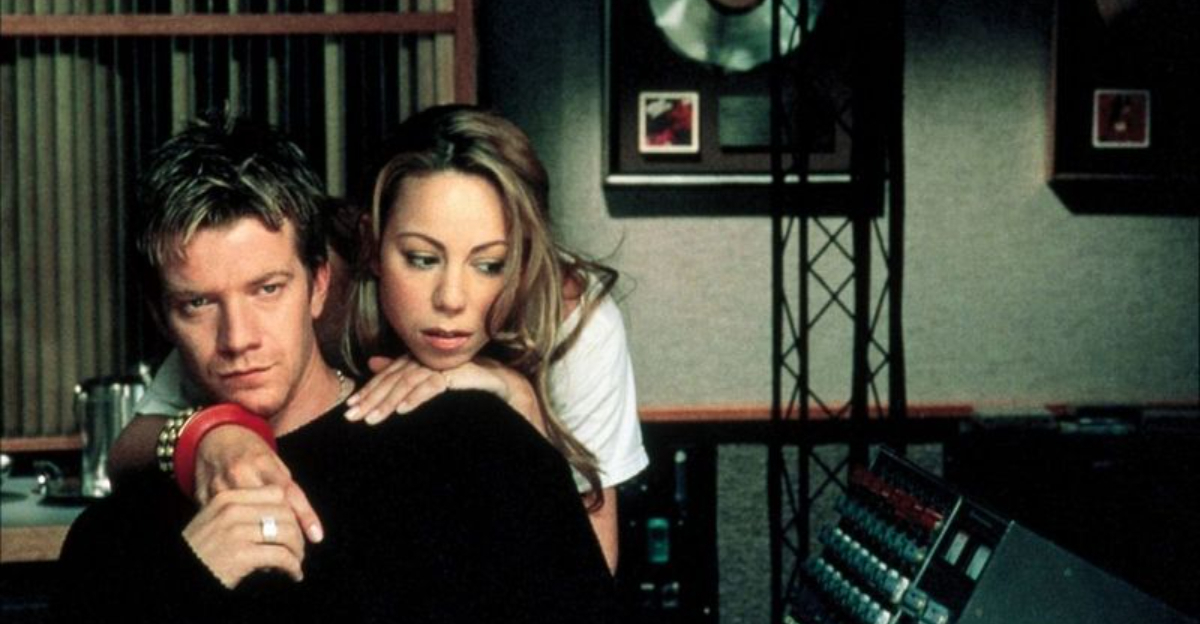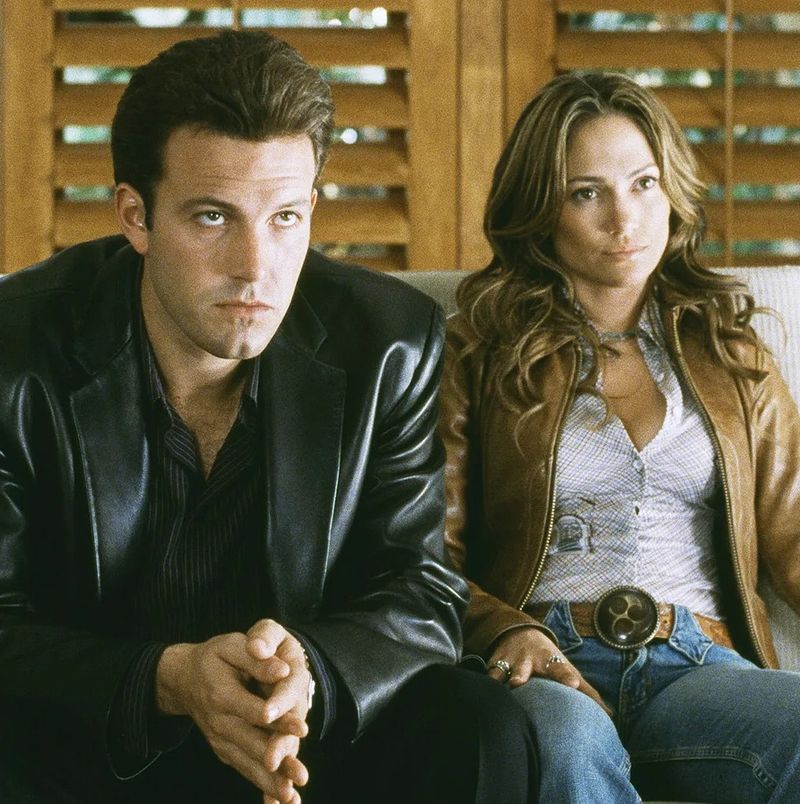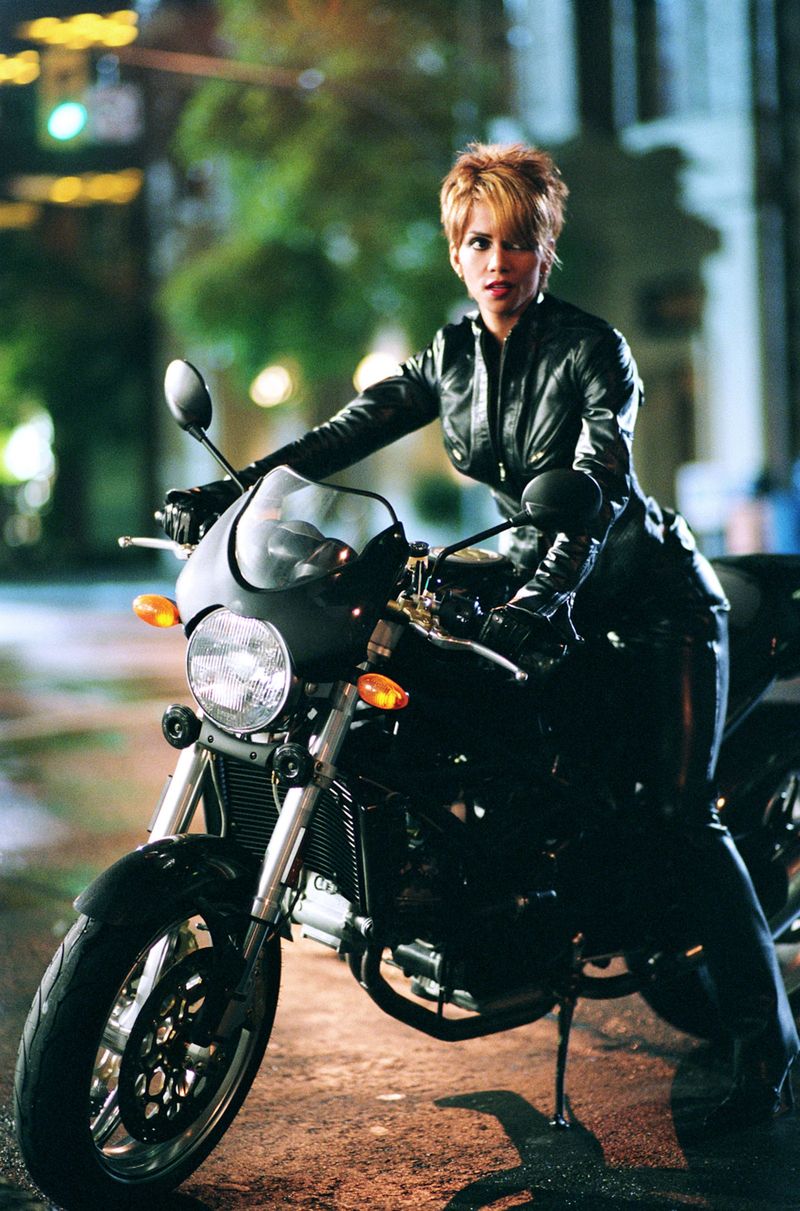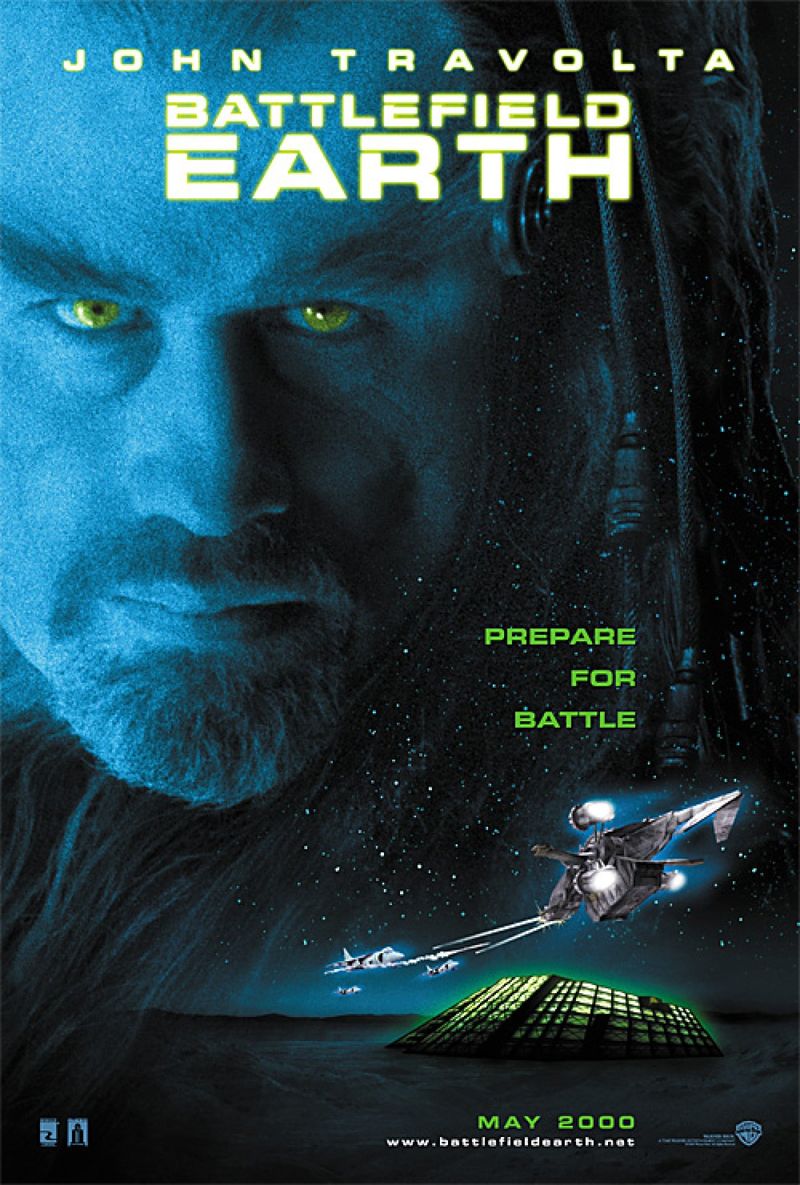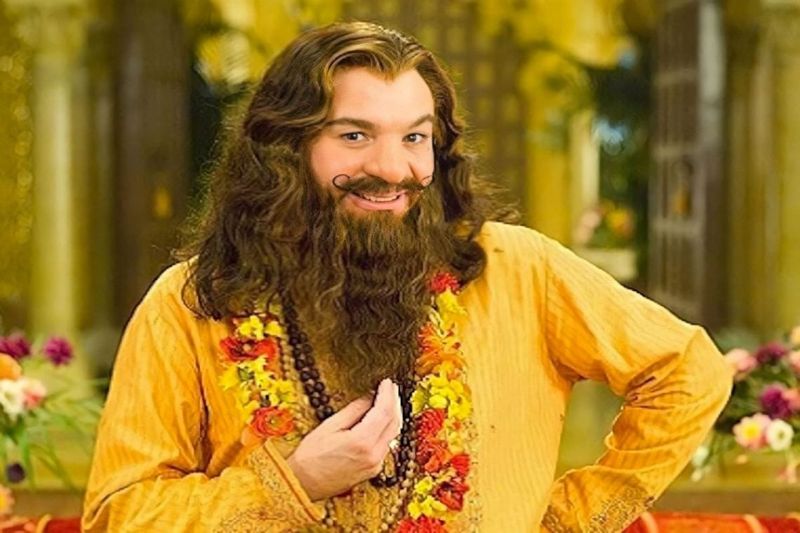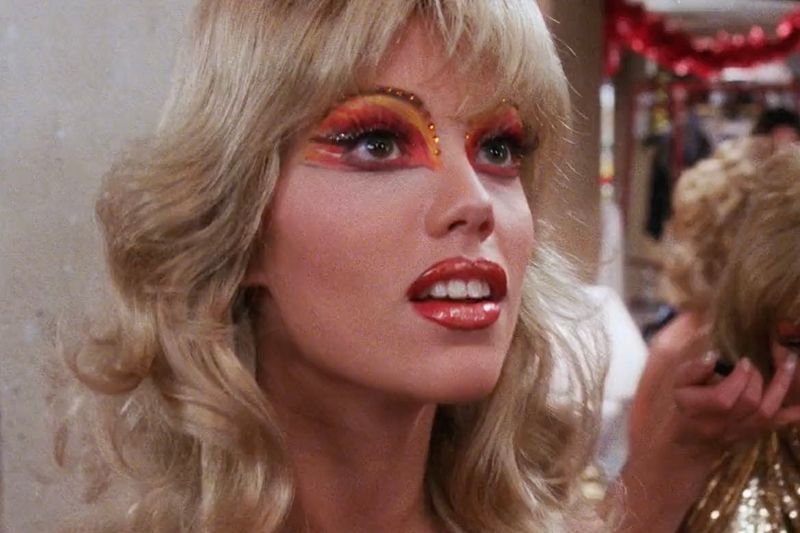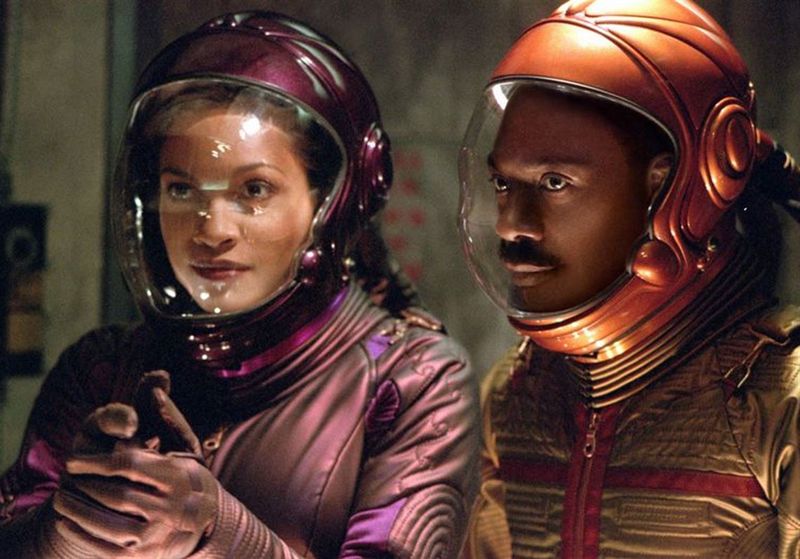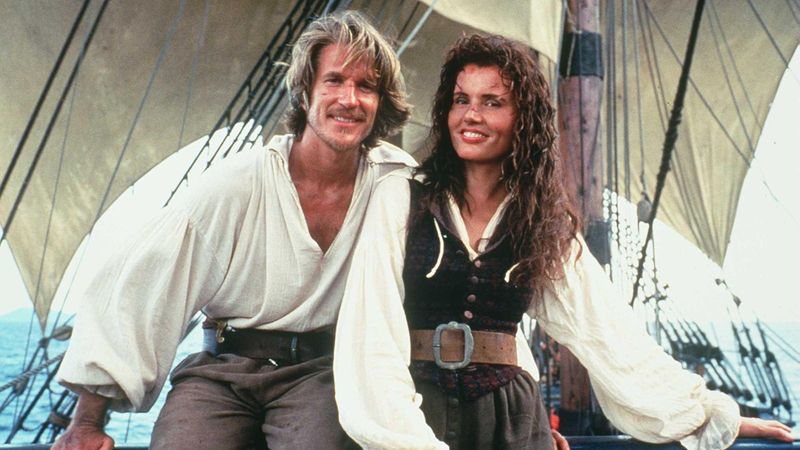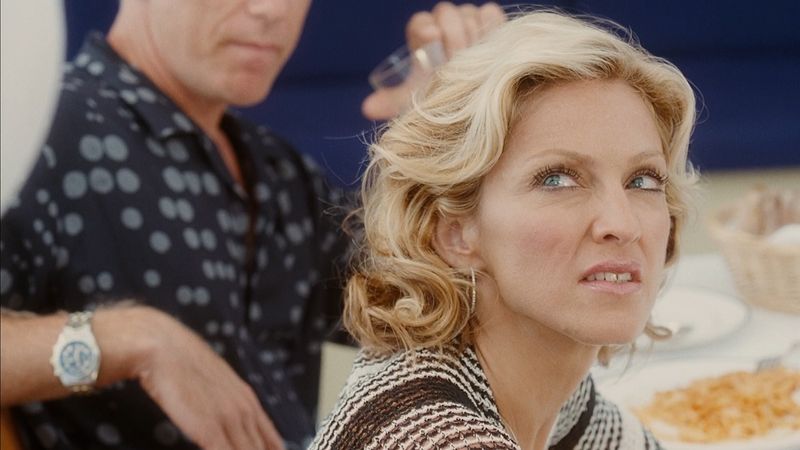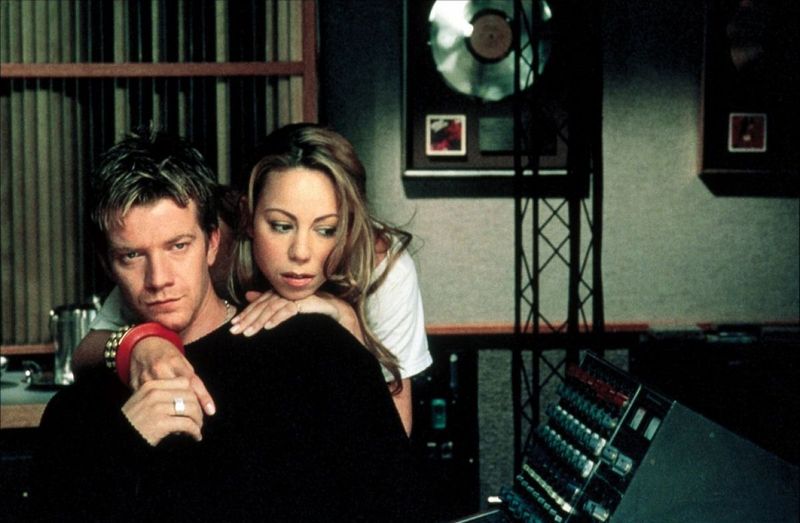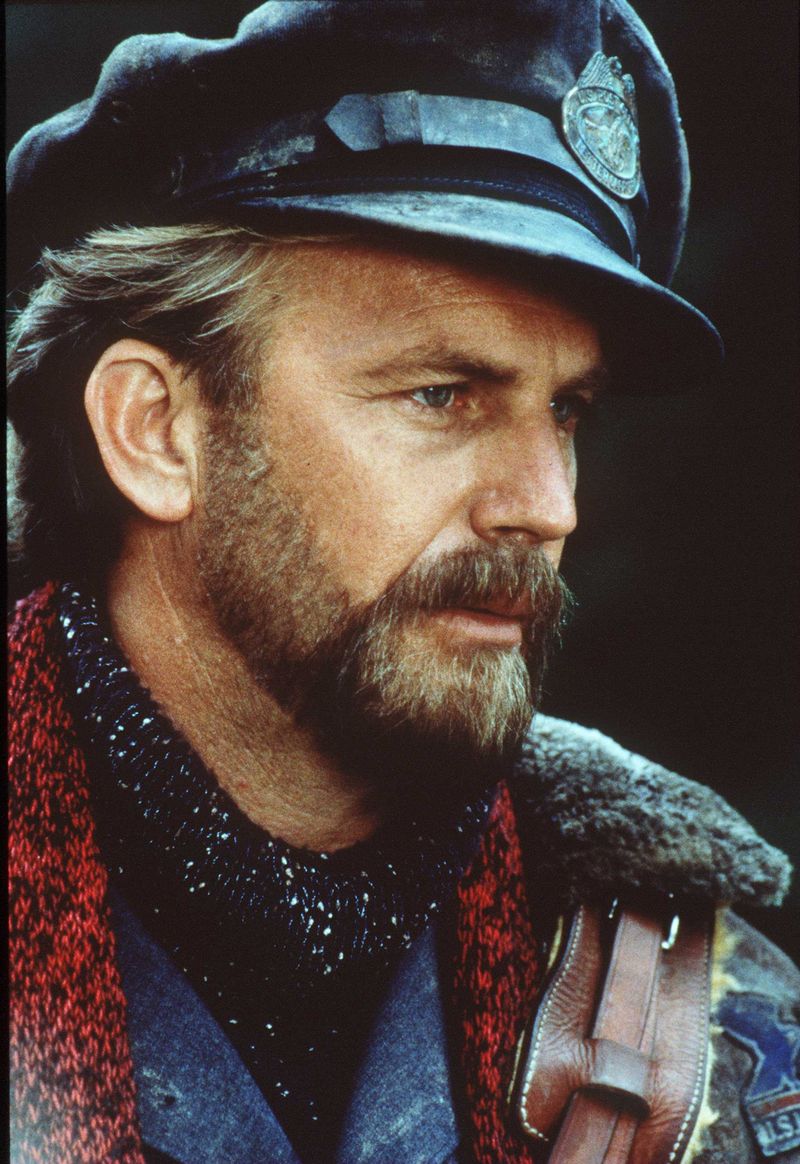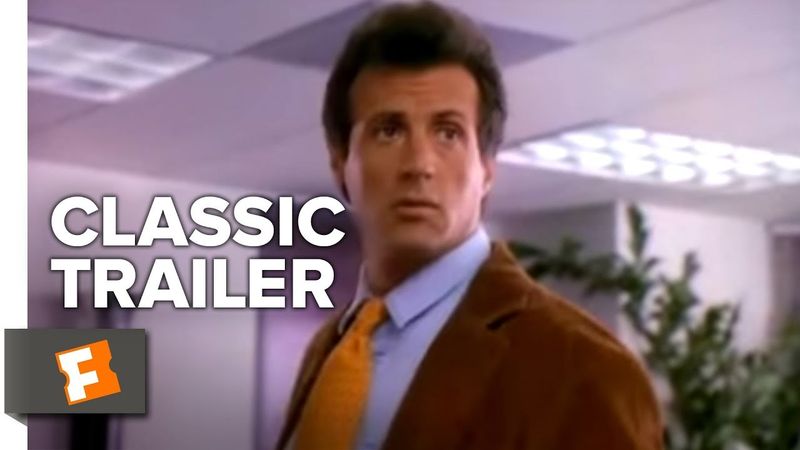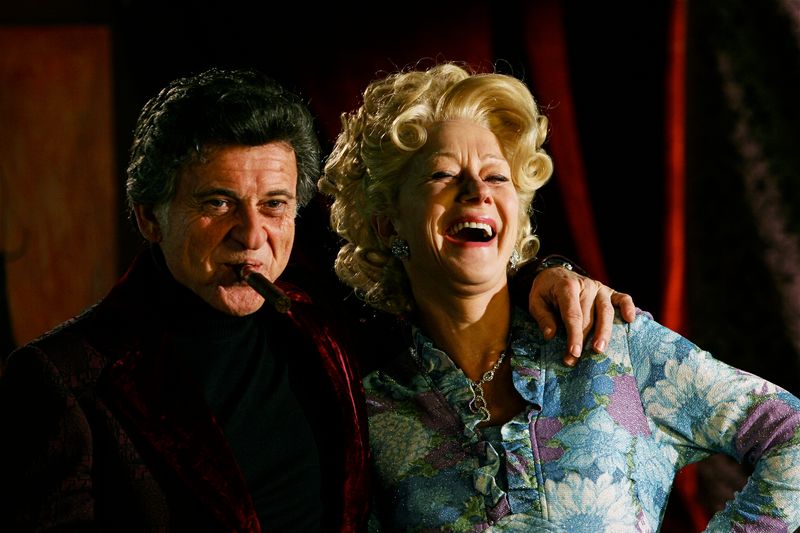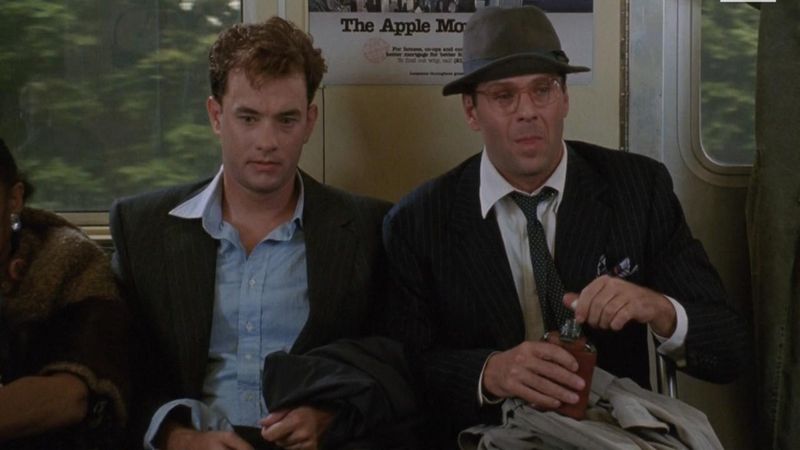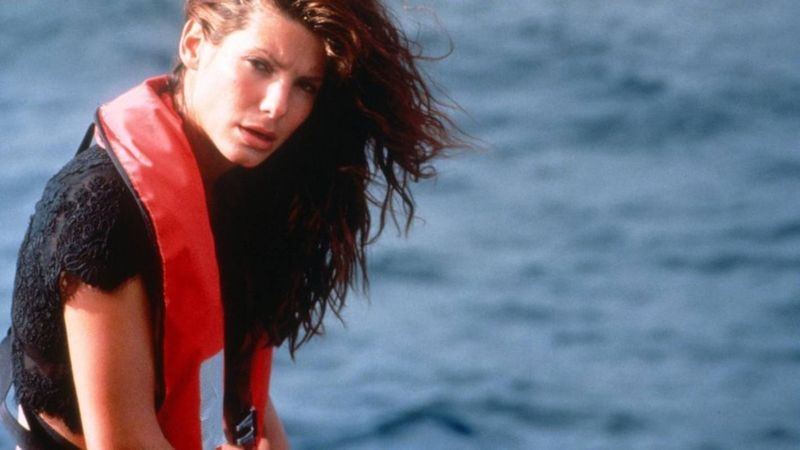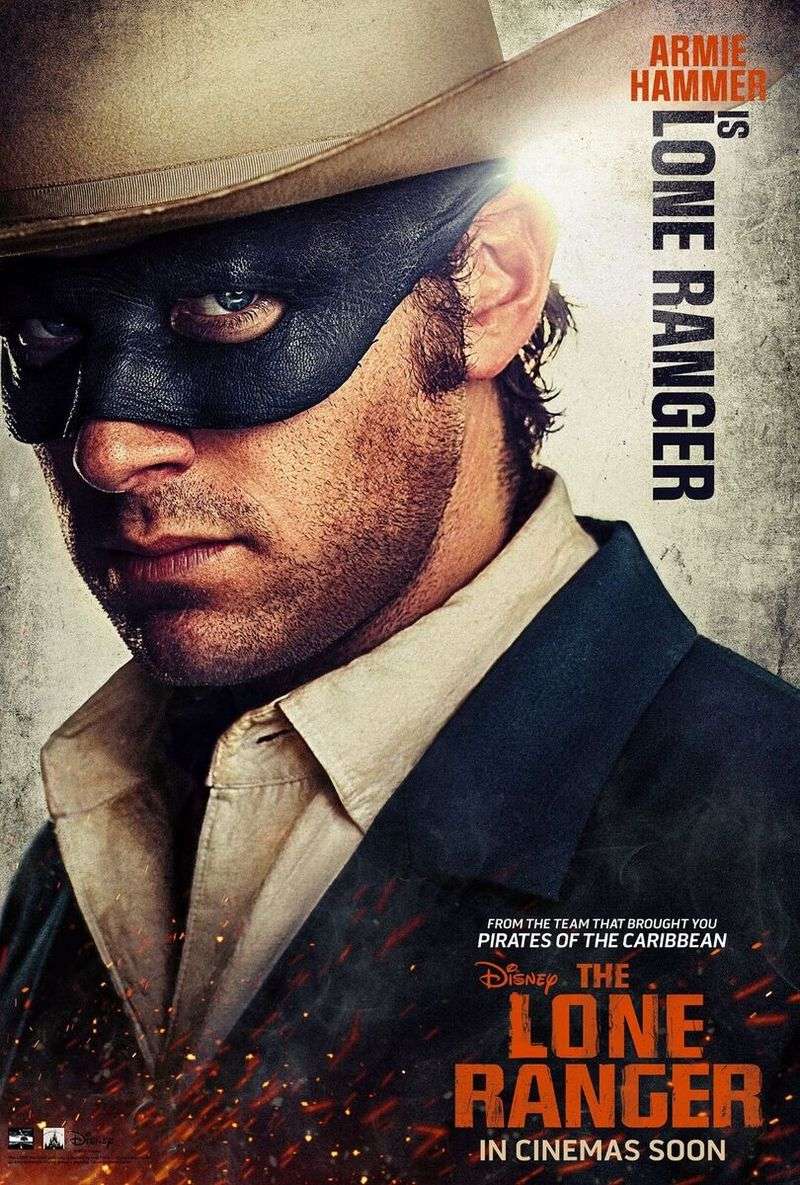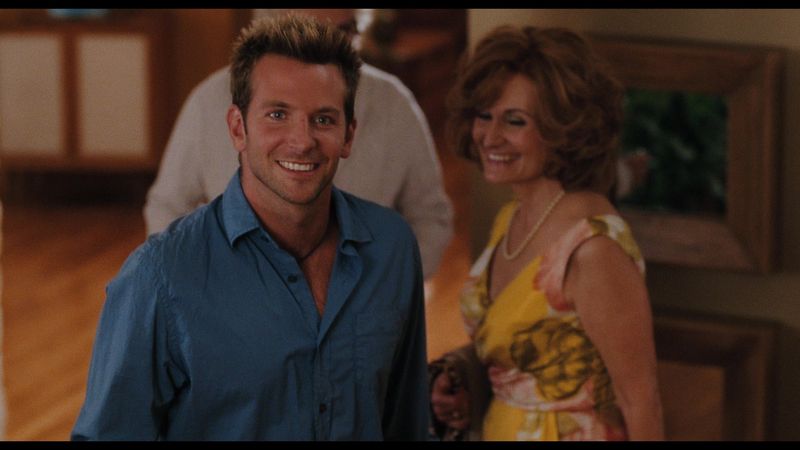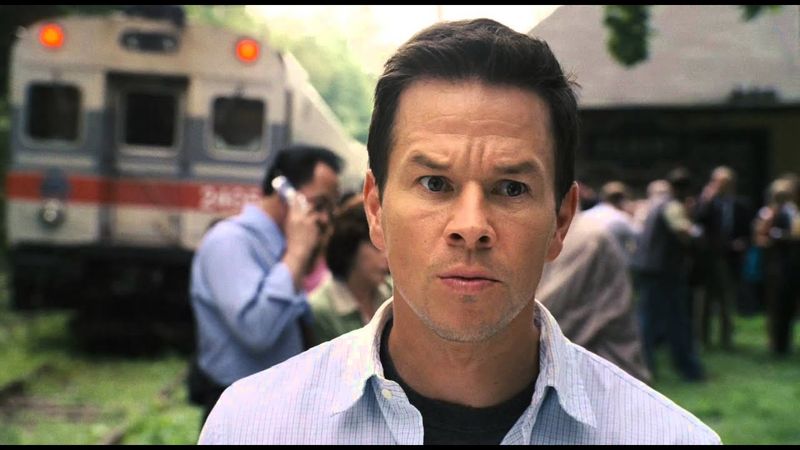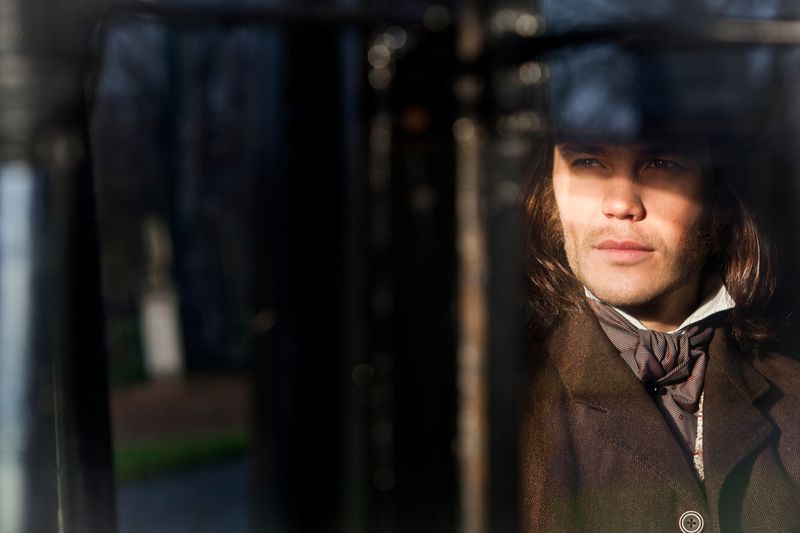In Hollywood, a single movie can make or break an actor’s career. While some films catapult stars to unprecedented heights, others can spell disaster, leading to years of career recovery or complete disappearance from the limelight.
This blog post delves into 25 such movies that notoriously impacted their leading actors’ careers. From unexpected commercial flops to critically panned endeavors, these films left lasting marks on the film industry and the actors involved.
Through this exploration, discover how these projects altered the trajectories of once-promising stars.
1. “Gigli” (2003) – Ben Affleck
Ben Affleck’s role in “Gigli” marked a significant downturn in his career. The film, co-starring Jennifer Lopez, was both a commercial and critical failure. This box office disaster was mocked for its storyline and performances, affecting Affleck’s leading man status.
Audiences struggled to connect with the film, leading to its rapid disappearance from theaters. As a result, Affleck faced challenges in securing major roles afterward. Fortunately, his talents behind the camera helped him rebound eventually.
However, at the time, “Gigli” became a reference for poor cinematic choices, highlighting the precarious nature of Hollywood stardom.
2. “Catwoman” (2004) – Halle Berry
Halle Berry’s leap into superhero cinema with “Catwoman” proved to be a misstep. Portraying Patience Phillips, Berry was trapped in a film criticized for its lackluster plot and visual effects. Despite her talent, the movie did her no favors in showcasing her abilities.
The film’s failure overshadowed Berry’s previous Oscar-winning achievements. This resulted in her career momentum slowing considerably.
Over time, Berry found roles that renewed her presence in Hollywood, yet “Catwoman” remains a glaring reminder of how a single project can temporarily derail an actor’s trajectory.
3. “Battlefield Earth” (2000) – John Travolta
John Travolta’s involvement in “Battlefield Earth” is often cited as a bizarre career decision. Intended as a sci-fi epic, the film received harsh criticism for its story and special effects. Travolta’s portrayal of the alien Terl became a source of ridicule.
The movie significantly tarnished Travolta’s career, which had been revitalized by “Pulp Fiction.” Critics found little to praise, and the film’s box office performance was dismal.
“Battlefield Earth” serves as a cautionary tale about the risks of passion projects going awry, affecting even established actors’ careers.
4. “The Love Guru” (2008) – Mike Myers
Mike Myers, known for his comedic genius, faced setbacks with “The Love Guru.” This film was intended to recapture his “Austin Powers” success but instead faltered critically and commercially.
Audiences found its humor lacking, leading to widespread disappointment. “The Love Guru” ended up being one of Myers’ last major film roles for years, as its failure cast a shadow over his career.
Despite this, Myers remains a beloved figure, though “The Love Guru” serves as a reminder of the fine line between humor that resonates and one that misses the mark.
5. “Showgirls” (1995) – Elizabeth Berkley
Elizabeth Berkley’s performance in “Showgirls” was intended to catapult her into stardom. Instead, the film’s explicit content and over-the-top direction led to it being panned by critics. Berkley’s transition from TV to the big screen was abruptly halted.
Despite its cult status over time, “Showgirls” initially hurt Berkley’s career prospects. She became synonymous with the film’s notoriety, facing challenges in finding new roles.
While Berkley eventually found other opportunities, “Showgirls” remains a classic example of how risky projects can impact emerging talents.
6. “The Adventures of Pluto Nash” (2002) – Eddie Murphy
Eddie Murphy, a versatile and beloved comedian, faced a career hiccup with “The Adventures of Pluto Nash.” This sci-fi comedy was a box office bomb, failing to resonate with audiences or critics.
The film’s costly production and lack of humor led to significant financial losses. Murphy’s star power couldn’t salvage the movie’s fate, impacting his career choices for years.
Though Murphy later regained his footing with other projects, “Pluto Nash” is remembered as a misstep in an otherwise remarkable career, illustrating how even established stars can falter.
7. “Cutthroat Island” (1995) – Geena Davis
Geena Davis starred in “Cutthroat Island,” a film that aimed to revive pirate-themed cinema but instead sank at the box office. The film’s production was plagued with difficulties and ultimately became one of the most infamous flops in Hollywood history.
Davis’ career took a substantial hit as a result. The loss was not just financial but also in terms of momentum, impacting her future roles.
Despite the setback, Davis continued her career with other successful projects, though “Cutthroat Island” remains a cautionary tale for ambitious cinematic endeavors.
8. “Swept Away” (2002) – Madonna
Madonna’s attempt to conquer Hollywood with “Swept Away” did not go as planned. Directed by Guy Ritchie, the film was criticized for its lackluster storytelling and performances. Madonna’s portrayal was deemed unconvincing by audiences and critics alike.
The film’s failure highlighted the challenges of transitioning from music to film. It adversely affected Madonna’s aspirations within the movie industry.
Although her music career remained intact, “Swept Away” served as a stark reminder of how difficult it can be for musicians to achieve crossover success in acting.
9. “Glitter” (2001) – Mariah Carey
Mariah Carey’s attempt to transition into acting with “Glitter” did not meet expectations. The film was panned for its clichéd storyline and weak performances. Carey’s acting debut was overshadowed by the film’s negative reception.
The release coincided with personal and professional challenges for Carey, magnifying the impact on her career. This led to a period of reduced visibility in the entertainment industry.
While she eventually returned with musical successes, “Glitter” stands as an example of how a single project can influence public perception of an artist’s capabilities.
10. “The Postman” (1997) – Kevin Costner
Kevin Costner’s “The Postman” is often cited as a misstep in an otherwise successful career. This post-apocalyptic film was criticized for its lengthy runtime and melodramatic tone. Despite Costner’s directorial efforts, the movie failed to connect with audiences.
The film’s poor performance impacted Costner’s career, leading to fewer leading roles. Although he remains a respected figure in Hollywood, “The Postman” serves as an example of how ambitious projects can fall short.
Costner eventually bounced back with other successful endeavors, yet this film remains a notable blemish on his filmography.
11. “Howard the Duck” (1986) – Lea Thompson
Lea Thompson’s role in “Howard the Duck” became an unexpected turning point in her career. This film, featuring a humanoid duck, was criticized for its bizarre premise and execution. Thompson’s involvement is often remembered more for the film’s infamy than its content.
The movie’s failure overshadowed Thompson’s previous successes, affecting her career trajectory. Despite her efforts, the film did not resonate with audiences.
With time, Thompson found other roles, but “Howard the Duck” remains a cautionary tale about the unpredictability of Hollywood projects.
12. “Stop! Or My Mom Will Shoot” (1992) – Sylvester Stallone
Sylvester Stallone’s decision to star in “Stop! Or My Mom Will Shoot” was an unexpected detour. This action-comedy was criticized for its humor and plot, leading to negative reviews. Stallone’s tough-guy image was at odds with the film’s tone.
The movie’s reception affected Stallone’s career, causing a temporary lull in his action-star appeal. Despite this, he managed to recover and continue his legacy in Hollywood.
“Stop! Or My Mom Will Shoot” stands as a reminder of how risky genre departures can impact even established actors.
13. “Love Ranch” (2010) – Joe Pesci
Joe Pesci’s return to the screen with “Love Ranch” was met with mixed reactions. The film, based on the first legal brothel in Nevada, failed to impress critics and audiences. Pesci’s performance was overshadowed by the film’s lackluster execution.
This project marked a rare appearance for Pesci, who had been largely absent from Hollywood. The film’s failure did little to entice him back into the industry.
Ultimately, “Love Ranch” highlights the importance of strong scripts and direction, even for seasoned actors attempting comebacks.
14. “The Bonfire of the Vanities” (1990) – Tom Hanks
Tom Hanks’ involvement in “The Bonfire of the Vanities” is often viewed as an anomaly in his illustrious career. The film, adapted from a bestselling novel, was criticized for its deviation from the source material and uneven tone.
Hanks’ portrayal was overshadowed by the film’s shortcomings, leading to one of his few critical failures. Despite this, Hanks continued to find success with other projects.
“The Bonfire of the Vanities” serves as a reminder of the challenges in adapting complex narratives to the screen, impacting even talented actors.
15. “Speed 2: Cruise Control” (1997) – Sandra Bullock
Sandra Bullock’s decision to reprise her role in “Speed 2: Cruise Control” proved to be a misjudgment. The sequel lacked the adrenaline and excitement of its predecessor, leading to poor reception.
Bullock’s involvement in the film did little to enhance her career, as audiences found the plot unconvincing. Despite this setback, Bullock’s talent eventually shone through in other successful roles.
“Speed 2” highlights the risks associated with sequels, especially when they fail to capture the essence that made the originals successful.
16. “The Lone Ranger” (2013) – Armie Hammer
Armie Hammer’s role in “The Lone Ranger” was intended to elevate his status in Hollywood. However, the film faced extensive criticism for its length and lack of coherence. Hammer’s performance was overshadowed by the movie’s struggles.
The project’s failure impacted Hammer’s career trajectory, causing a reevaluation of his future roles. Despite his talent, the film’s commercial and critical reception was disappointing.
Ultimately, “The Lone Ranger” serves as a cautionary tale about the challenges of reviving classic characters, affecting rising stars.
17. “All About Steve” (2009) – Bradley Cooper
Bradley Cooper’s appearance in “All About Steve” was a rare misstep in his rising career. The film, a romantic comedy, failed to connect with audiences due to its offbeat humor and storyline.
Critics found little to praise, and Cooper’s role did not leverage his potential. Despite this, Cooper’s career continued to flourish with other prominent performances.
“All About Steve” highlights the importance of selecting projects that resonate, even for actors on the cusp of stardom.
18. “The Happening” (2008) – Mark Wahlberg
Mark Wahlberg’s role in “The Happening” stands out as a puzzling choice. The film, directed by M. Night Shyamalan, was criticized for its implausible plot and dialogue, leaving Wahlberg in a challenging position.
Despite his efforts, the film’s reception was overwhelmingly negative. This impacted Wahlberg’s career momentarily, as audiences questioned the project’s merit.
Over time, Wahlberg found success in other ventures, but “The Happening” remains a peculiar chapter in his filmography, illustrating the importance of script selection.
19. “After Earth” (2013) – Jaden Smith
Jaden Smith’s role in “After Earth,” alongside his father Will Smith, was intended to boost his acting career. However, the film was criticized for its lack of originality and pacing, affecting its reception.
Jaden’s performance was scrutinized, and the film’s failure hindered his momentum in Hollywood. The project highlighted the challenges of familial collaborations on screen.
Though “After Earth” was a setback, Jaden continued to explore other creative avenues, learning from the experience.
20. “John Carter” (2012) – Taylor Kitsch
Taylor Kitsch’s starring role in “John Carter” was anticipated to elevate his career, but the film’s performance told a different story. Criticized for its length and storytelling, “John Carter” struggled at the box office.
Kitsch’s portrayal was overshadowed by the film’s shortcomings, affecting his status as a leading man. The movie became one of the most expensive flops in cinematic history.
While Kitsch continues to work in the industry, “John Carter” serves as a lesson in the unpredictable nature of high-budget projects.
